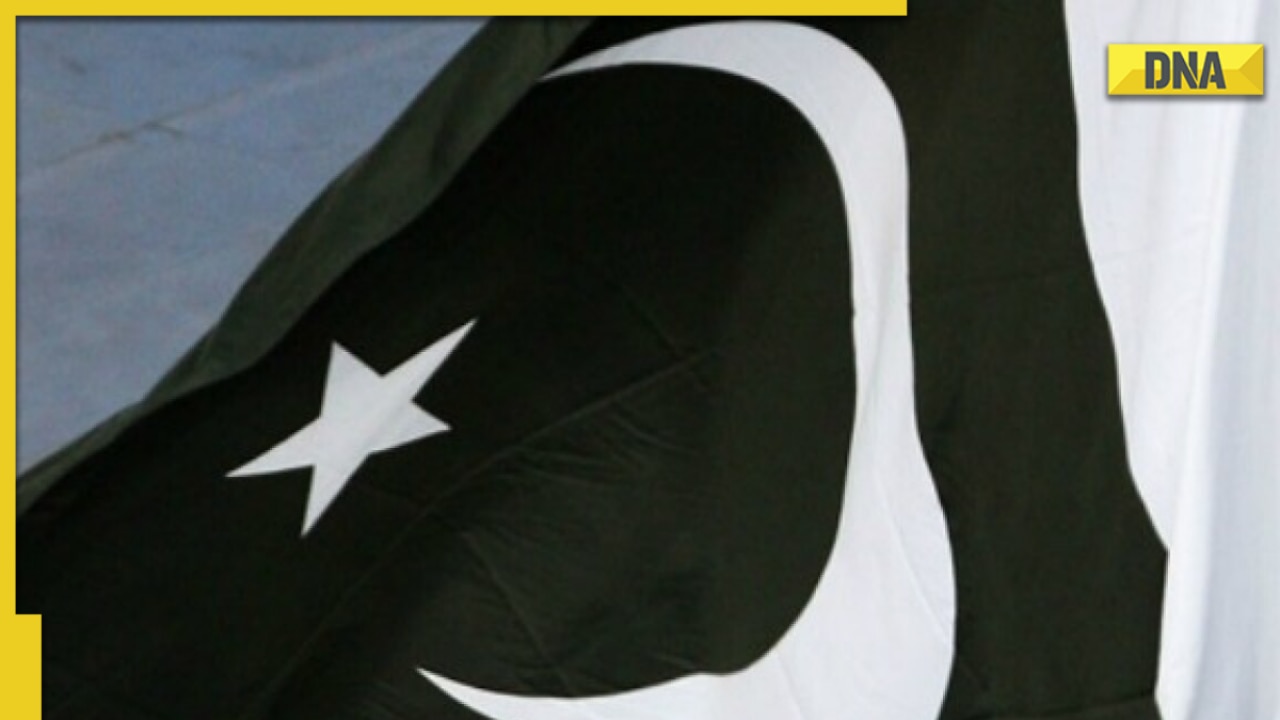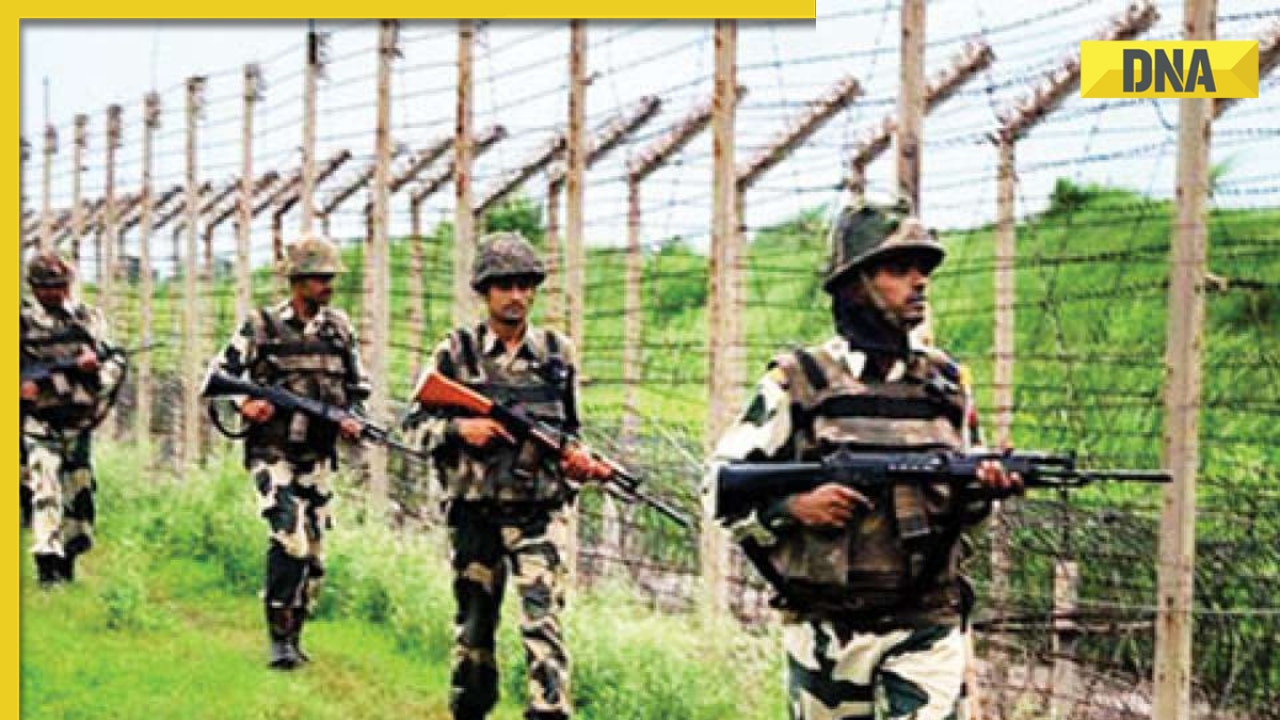Is Pakistan incapable of fighting Tehreek-E-Taliban Pakistan?
Know how TTP has backed Army into a corner
| Edited By: Major Amit Bansal |Source: DNA Web Desk |Updated: Feb 19, 2023,

Tehreek e Taliban Pakistan (TTP) is a matter of worry for the Pakistan government as the rebel group which was limited to the bordering areas of Pakistan and Afghanistan till a few years back is launching large-scale attacks in other parts of Pakistan at their own will. For a country whose common public is already suffering from the deeds of its Establishment (a term used for its Military and its support groups), the future is going to be extremely dark.
Understanding TTP is not difficult. Like other terrorist groups of the region and beyond (Al-Qaeda, Islamic State, Taliban & others), TTP is also a creation of the Pakistan Army and its ISI who recruited the tribals from the Pashtun belt to fight in Afghanistan. As long as they were fighting USSR & then the northern alliance alongside Afghan Taliban, things were fine but the tables turned when post 9/11, NATO-led International Security Assistance Force (ASAF) started targeting their own homes.
There were dozens of cases where American Jets and drones bombed Seminaries, marriage possessions, funeral possessions, public vehicles, and religious gatherings killing scores of innocent people. Pakistan Army instead of helping its own citizen was supporting NATO forces with all its might. This treachery on part of the Pakistan Army compelled the local warlords and tribal leaders to point their guns toward the Pakistani establishment itself.
In 2007, when TTP was formed, Pakistan could have handled the issue by diplomatic means but it resorted to killing its leadership which further infuriated them. By 2008-09, TTP joined hands with Afghan Taliban to fight along with the latter against American Forces In Afghanistan and the bond between the two groups formed in those times is still going strong.
The biggest question arises here that is whether can Pakistan handle the TTP. The answer is a clear no. There are multiple reasons and let's discuss the top ten of them.

Firstly, the TTP is not a short or medium-term but a long-term challenge for Pakistan which is going to haunt it for decades. Today, due to this economic turmoil, Pakistan Army is in no position to sustain a prolonged offensive against TTP.
Secondly, post 2020 and under the leadership of Charismatic Mufti Noor Wali Mehsud, TTP has united and there are no more factional turbulences. Earlier there were several factions that lacked unity which was beneficial for Pakistan Army to target them. Today, almost all the factions are united and fighting Pakistan Army under a common banner. This enhanced the challenge to counter them multiple times.
Thirdly, TTP is gaining expertise in urban attacks, training its fighters, equipping them, preparing suicide bombers & gaining its political cohesion at an alarming rate which will not be possible or Pakistan to handle. Post-September 2021, they also acquired huge quantities of warlike stores from the caches abandoned by American forces.
Fourthly, TTP enjoys unprecedented support from Afghan Taliban and that has two reasons. First is the name of Pashtun unity and the second is Islamic State in Khorasan (ISKP). ISKP is the top most enemy of the Afghan Taliban which not only enjoys the support of Pakistan ISI but also have its safe heavens in Pakistan. Many of the ISKP leaders are frequent guests in the Pakistan Army GHQ at Rawalpindi which does not need any corroboration. Afghan Taliban needs a strong ally in Pakistan and thus they are supporting TTP and its entire leadership. Today its cadres, training centers & logistics support are primarily based in Afghanistan and thus, they will remain safe from Pakistani attacks because any such attack will be considered as a breach of territorial integrity by the Afghan Taliban.
Fifthly, TTP has considerable support from the local public, chieftains & warlords not only in border areas of Pakistan but in the cities too which will be a major pain point for the Pakistan Army. In the name of Pashtun nationalism & Pashtunwali, a civil code followed in the entire Afghanistan and the North West Frontier Province of Pakistan, TTP has been successful in uniting people for its cause.
Sixthly, instead of an insurgency, TTP is projecting their movement as an aggressive Afghan approach against the atrocities of Pakistan which is well accepted on both sides of the Durand line. This gives them sympathy for local chieftains too.
Seventhly, unlike earlier times when they used to attack civilian targets, post-2018 when Mufti Noor Wali Mehsud is appointed as its emir, TTP made a significant change in its manifesto and that is to target Pakistani security establishment only and avoid targeting civilians and religious minorities. This is not only strengthening their roots but enhancing their support in Pashtun-dominated areas of Pakistan.
Eighthly, TTP knows who its enemy is and it generally does not target officials of any other country now unlike earlier times when they used to attack US officials. In 2020, it clarified that it does not have any regional or global agenda beyond Pakistan and thus limited itself to a local problem of Pakistani establishment without inviting the wrath of International powers including the UN. These tactics will resist any other country to meddle in the affairs & keep TTP safe.
Ninthly, since the US has moved out of Afghanistan and unlike Operation Zarb-e-Azb, Pakistan Army no longer enjoys its intelligence, Air support, drone support, and advanced weaponry. This has placed Pakistan Army militarily several steps behind TTP.
Tenthly and lastly, the Pakistani establishment has an even bigger challenge today than TTP and that is to resolve the political instability. By the time they succeed in this, it will be too late.
The future of Pakistan seems to be dark under the multiple threats of a collapsing economy, political instability, monopoly of the Pakistani establishment, Extremist groups like TTP and Baloch rebels attacking anywhere in the country at their own will, and rising religious groups like Tehreek e Labbaik Pakistan (TLP) as well as Pashtun Tahafuz Movement (PTM).
Iron brother China to has pulled back its active support knowing that there is no return on its investments and that Islamic Ummah is too reluctant to help Pakistan in these tough times. TTP will only become stronger under these circumstances and will launch more fierce attacks with an increased frequency.
They will attack the Pakistan Army & its forces in major cities of Pakistan and carry out targeted assassinations for which they are very well capable. In this critical time when the common public has lost its faith in political leadership, there is no immediate solution visible to the TTP problem.
READ | ‘We are bankrupt’: Pakistan’s Defence Minister blames govt for economic crisis, says IMF has no solution
No comments:
Post a Comment